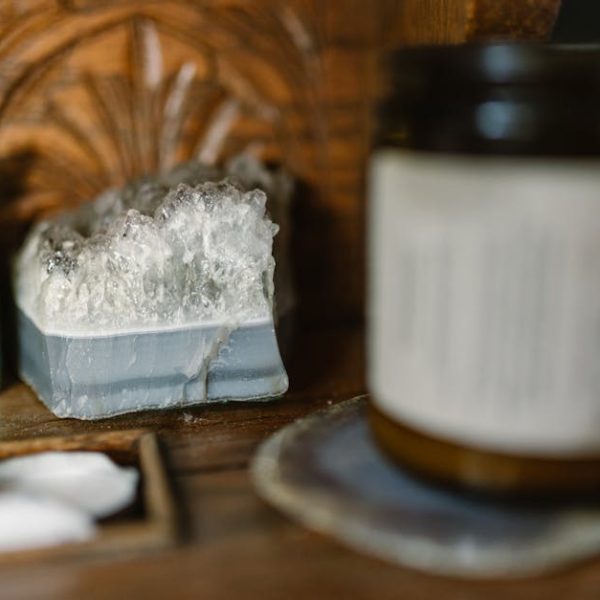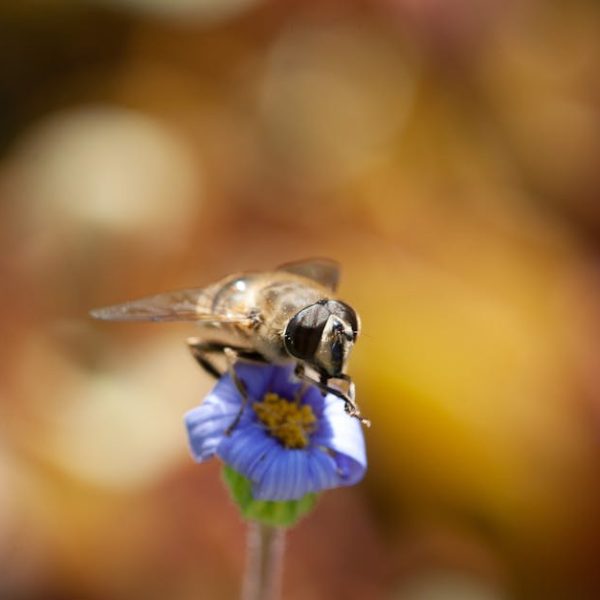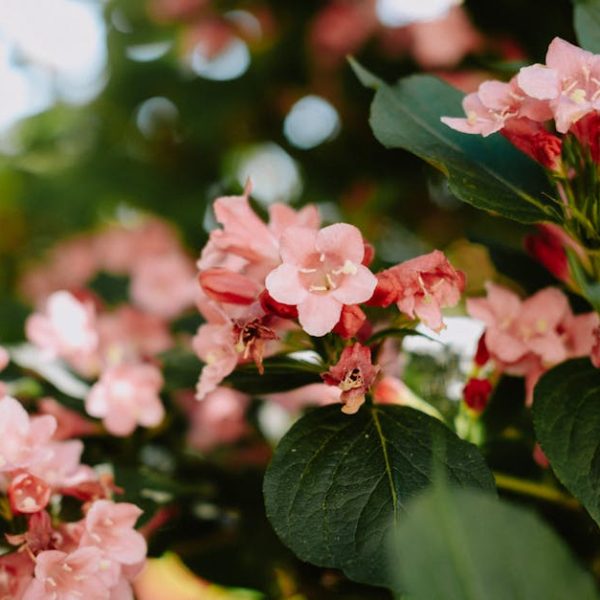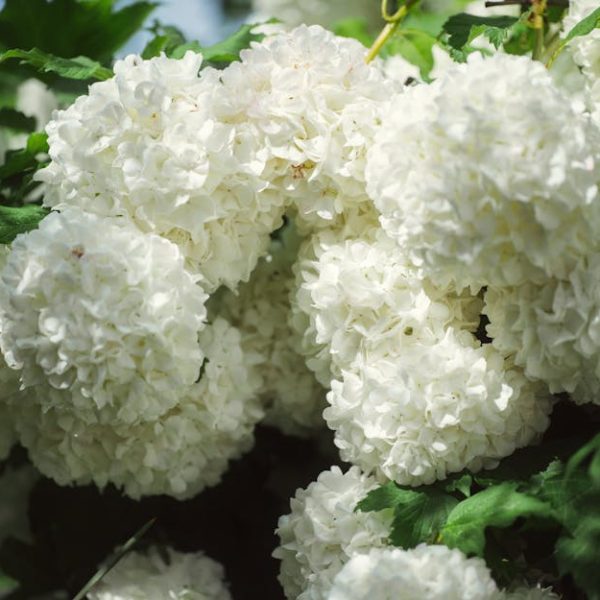Gnat bites can be an annoying and uncomfortable reality, particularly during warmer weather when these tiny insects become more active. Although gnats are usually nothing more than a minor annoyance, their bites can sometimes lead to infections if not treated properly. But worry not, there are quick ways to treat gnat bites and prevent an infection from setting in. Let’s delve into the first three tips.
Cleaning the Affected Area
Immediately cleaning the area bitten by a gnat is essential to avoid infections. It may seem trivial, but this fundamental step can make a big difference in the healing process. Here’s how:
- Use warm water and a mild, non-perfumed soap to gently clean the bitten area. Avoid scrubbing vigorously that may further irritate the skin.
- Pat your skin dry carefully with a clean towel to avoid introducing any new bacteria to the bite.
When selecting soap, opt for hypoallergenic or unscented varieties as these are less likely to irritate your skin. As a guideline, avoid squeezing or scratching the gnat bite as this can potentially break the skin surface and make it vulnerable to infection.
Application of Antiseptic Cream
Applying an antiseptic cream is another key step in preventing infections from gnat bites. Not only can these creams help kill germs, but they often contain ingredients that soothe itching and irritation. Some effective choices include creams with bacitracin or neomycin.
When applying, just dab a small amount directly onto the bite – too much can cause unwanted side effects like skin irritation. It’s also important to remember that while antiseptic creams are a good preventative measure, they should not be relied on to treat established infections. If your bite becomes inflamed or is showing signs of infection, it’s time to see a healthcare professional.
Using a Cold Compress
A cold compress can be a real lifesaver when you’re dealing with a gnat bite. By reducing swelling and numbing the area, it can help to alleviate a significant amount of discomfort.
Creating a cold compress is simple. Just wrap some ice cubes in a cloth or towel, or grab a store-bought ice pack, and hold it against the bite for 10-15 minutes. Repeat this process several times a day as needed to reduce swelling and pain.
Cold compresses often fare better than warm ones for treating gnat bites, as the cold helps to numb the area and shut down the nerve action, thus reducing pain and swelling, while heat might exacerbate inflammation.
In the next segment, we’ll explore over-the-counter medications, the importance of covering bites, and maintaining cleanliness when dealing with gnat bites. This will help you keep any potential infections at bay.
Administering Over-the-Counter Medications
Over-the-counter medications can offer short-term relief from the discomfort of gnat bites, and many can even help prevent infection. Products like antihistamines and creams with hydrocortisone can help to reduce swelling, itching, and pain.
Pros and cons of using over-the-counter medications include:
| Pros | Cons |
|---|---|
| Provide immediate relief | Potential side effects like drowsiness |
| Readily available | Not a long-term solution |
| Easy to use/hassle-free | Overuse can lead to resistance |
It’s essential to read and adhere to the instructions on the medication label. Do not take more than the recommended dosage, and if symptoms persist despite using these medications, contact your healthcare provider.
Keeping Bites Covered
Keeping your gnat bites covered is a good habit to prevent scratching and potential infection. Small, adhesive bandages are often the best choice for covering gnat bites.
Here’s how to properly cover a bite:
- Choose a bandage that is an appropriate size for the bite. It should be large enough to fully cover the red and swollen area but not overly large to avoid unnecessary irritation from the adhesive on healthy skin.
- Carefully stick the bandage over the bite, ensuring the pad covers the affected area.
- Change the bandage daily, or whenever it becomes damp or dirty.
Remember, the main point of covering a bite is to protect it from further irritation and potential infection – a bandage is not a solution to an existing infection.
Maintaining Health and Hygiene
There’s a reason the saying “health is wealth” exists. Your overall health and hygiene play an integral part in how well your body can fight against potential infection from gnat bites.
To help maintain your health:
- Shower daily and wash your hands regularly. This simple act can significantly decrease the number of germs you come into contact with daily.
- Prioritize your sleep. Make sure you are getting 7-9 hours of rest every night. Adequate sleep aids your body in repairing any damages tissues and boosting your immune system
- Drink plenty of water and eat balanced, nutritious meals. This will also help your body function at its best and promote faster healing of any bites.
- Lastly, maintain a regular skin-care regimen. Healthy skin is your first line of defense against gnats and other insects.
Seeing a Healthcare Professional
In some circumstances, you may need to seek medical attention for gnat bites. If your symptoms worsen or persist for more than a few days, it’s time to see a healthcare professional. This could indicate a more serious infection that requires antibiotics or other treatments.
If you have severe symptoms such as fever, difficulty breathing, or red streaks near the bite, seek immediate medical attention. These signs could indicate an allergic reaction or a severe infection, both of which are medical emergencies.
When visiting a healthcare professional, make sure to communicate all your symptoms clearly, including the timeline of events. This can help them make a more accurate diagnosis and provide the best treatment for you.
Remember, it’s always better to err on the side of caution. While gnat bites are often nothing more than a minor inconvenience, they can sometimes lead to serious complications. With these tips in your arsenal, you’re now much better equipped to deal with gnat bites effectively and prevent any potential infections.
Key Takeaway:
- Immediately cleaning the affected area of a gnat bite is essential in preventing infections.
- Application of antiseptic cream on the bite helps kill germs and soothe irritation.
- Using a cold compress alleviates discomfort and reduces swelling from the bite.
- Over-the-counter medication can provide immediate relief and help prevent infection.
- Keeping the bite covered protects it from further irritation and potential external infectious substances.
- Personal health and hygiene play a vital role in the body’s ability to fight potential infections from gnat bites.
- In some circumstances, when symptoms of gnat bites persist or worsen, the attention of a healthcare professional is needed.
While gnat bites might be an inconvenient aspect of warmer weather, being armed with the right information and proactive in your response can make all the difference in preventing infection and promoting healing. Remember, maintaining your overall health and hygiene offers a core defense against these tiny intruders.
FAQs
Q: Can natural remedies be used to treat gnat bites?
A: Quite a few natural remedies, like aloe vera or tea tree oil, can provide relief from itching and minor swelling. However, it’s crucial to remember that some people could be allergic to these natural ingredients. Therefore, conduct a patch test before using any new substance on your skin.
Q: How long does it generally take for a gnat bite to heal?
A: The healing process can vary depending on the individual’s overall health and how well the bite is cared for. Generally, gnat bites tend to heal within a few days with proper care.
Q: Can gnat bites spread disease?
A: While this is not common, there are certain types of gnats that can transmit diseases. However, most gnat bites lead to a bit of redness and itching, not serious illness.
Q: What can I do to avoid getting bitten by gnats?
A: Wearing protective clothing, using insect repellents, and avoiding peak gnat times around dawn and dusk can help reduce the chances of getting bitten.
Q: I scratched my gnat bite, and now it looks infected. What should I do?
A: If you suspect an infection—like increased redness, swelling, or pus—it’s essential to seek immediate medical attention. An infected gnat bite can potentially lead to more serious complications if not treated promptly.
Take the time to share this article with friends and family, and remember that this website offers a wealth of information on similar topics, which we encourage you to explore.






